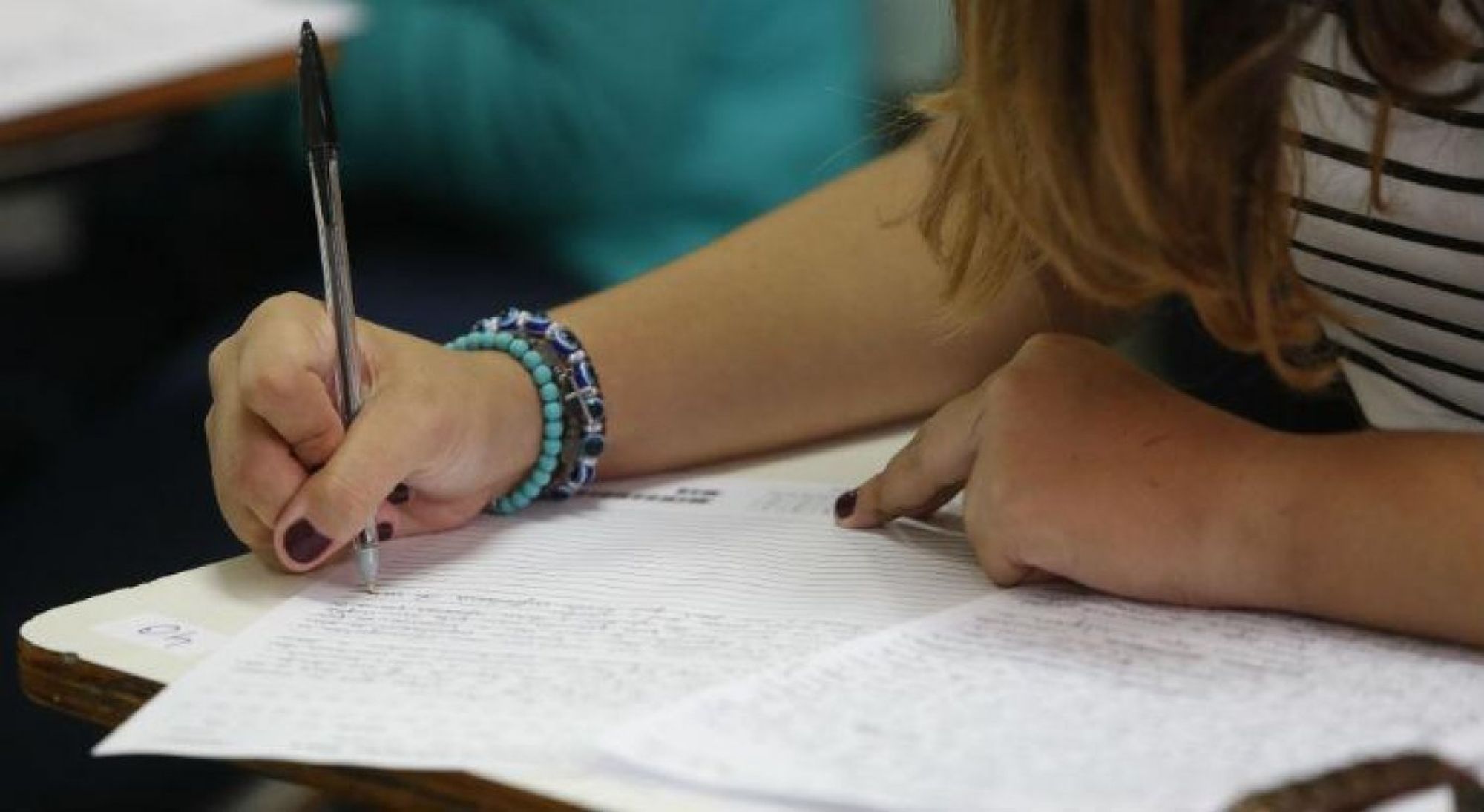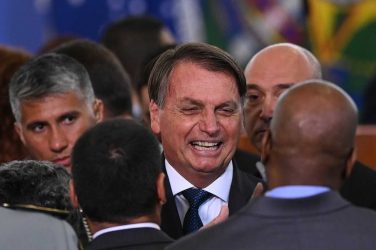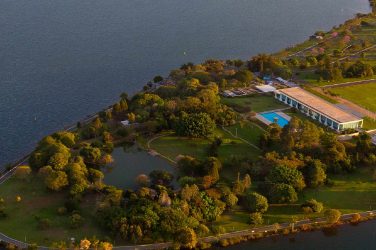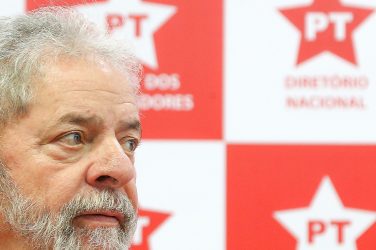Perhaps nothing better characterizes the recent trend in the Brazilian education system than Bolsonaro’s attempts to stifle its development. In doing so, the president’s moves encapsulate the system’s past deficits, sustained but moderate growth over the centuries, and possible hopes for the future.
Brazil’s education system can be neatly divided into about six or seven historical periods. Initiated by the Jesuits during Brazil’s colonial period from 1500-1822, formal education did not emerge until Napoleonic invasions prompted the Portuguese crown to move to Brazil in 1808.
Reflecting the country’s classic deficit in teaching, resources, and structure, these historical developments would have repercussions for education’s development in the 19th, 20th and 21st centuries.
Not until the 20th century did the real format of Brazil’s education system emerge. With the founding of the Universidade do Rio de Janeiro in 1920 and under Vargas in the 1930s and 40s, the education system’s legal framework based on bureaucratic control reflected the often conservative and stifled development that have come to characterize attempts to develop basic educational goals in Brazil.
After the 50s and 60s, during the Military Regime from 1964-80, the culture began to change. Indeed, the Brazilian Miracle of the 1970s and the emergence of a middle class stimulated demand for education, but by the 1980s, the aim for higher goals stagnated again.
It was not until the Cardoso administration of the 1990s that significant reform occurred, particularly in primary education, as well as with the implementation of the Provão (a national course evaluation) and FUNDEF (primary education and teacher enhancement).
The two added flexibility and decentralization to the system, but by and large, funding was absent, which stymied attempts to improve the system, rooted in a foundational legacy of imperialism and capitalism.
The structure of the Brazilian education system is relatively straightforward, divided primarily into Basic Education (Educação Básica) and Higher Education (Educação Superior).
Basic Education comprises Educação Infantil (ages 4-5), Ensino Fundamental (grades 1-9), and Ensino Médio (grades 10-12), while Higher Education (Ensino Superior) is structured around vocational training (Cursos sequenciais), undergraduate (Graduação), graduate (Pós-graduação), and continuing education (Extensão).
While the basic goal of Elementary Education is literacy, Ensino Médio seeks to broaden students’ intellectual horizons with courses in literature, history, math, and science. After that, admission to Brazil’s universities is fiercely competitive.
While tuition is free at public universities, private universities remain costly. Students must pass an entrance exam (vestibular) based on the ENEM high school exam, designed for specific coursework after matriculation.
As only a comparatively small number of Brazilians pursue university-level education, the awarding of Master’s (typically 2 years) and Doctoral degrees (typically 3-5 years), (known as stricto-sensu programs), are based on the North-American system.
According to the Ministry of Education (MEC), there are over 2,600 universities in the country, with the University of São Paulo as the preeminent public university.
Brazil’s educational system exhibits many notable qualities, but is perhaps no better characterized than by its glaring deficiencies. Ranked #32 in World Education proficiency, exceeding the OECD average of incomplete secondary education, 29% of its population can be classified as functionally illiterate, with only 88.7% completing basic education.
Brazil remains dominated by racial, economic, and regional disparity, highlighted by the poor Northeast and the more well-to-do Southeast. Successive administrations under Cardoso, Lula and Rousseff have sought to address such inequalities, with programs such as FUNDEF (a program aimed at reducing primary education disparity), PROUNI (a plan which offers tax incentives for private universities as well as quotas for Afro-Brazilians and indigenous peoples), and Science Without Borders (a study abroad program) but by and large, Brazil has been unable to overcome its fundamental historical and structural inadequacies.
Plagued by issues of access, retention, and quality, the education system remains highly stratified, favoring the private elite over the greater populace. Preparation for the vestibular university entrance exam reinforces this discrepancy, as only half of the active population has finished secondary education. Fewer than three-quarters of 15 to 24 year olds have primary education proficiency, with universities serving only 2% of active enrollment.
Perhaps most significantly, the survival and fabric of Brazilian society, as well as countries around the world, are rooted in the goals of education. Education directly impacts earning potential, social and technological advancement, and overall economic productivity – herein lies the crux of Brazil’s historical aspirations to overcome centuries of limited social mobility and economic inequality.
Nonetheless, there is reason for hope. COVID has prompted a reevaluation of teaching methods, and a 2021 article published at Cambridge has highlighted goals of creative problem solving, teaching personalization and retention, curricular flexibility, expansion of the school day, hybrid learning and youth training for global citizenship, as well as the expansion of post-secondary learning that could significantly improve Brazil’s education matrix.
But ultimately, reform must come from the political structure, in a top-down embrace of citizens’ rights. At stake is the basic need for a transformation in the culture of education, and decision making that benefits not only Brazil’s elite, but the larger population as well.
As described, the future of education reform will rest primarily with political decision making. As public universities depend almost entirely on the government, Bolsonaro’s “war on education,” as well as the sacking of Milton Ribeiro and the recent high turnover of Education Ministers, all indicate and contribute to instability of education policy under the current administration.
This freeze could end with a Lula victory in the October election and the resumption of PT leadership, and a possible reimplementation of progressive policy. Change can certainly occur.
As education is a primary determinant of economic viability and productivity, Brazil’s endemic inequality based on a history of educational disparity will require both a fundamental overhaul and steady change if society can be transformed for the better. With a concerted effort, the hope is still there.
Peter Sufrin holds a Master’s Degree in History from Boston University, a Master’s Degree in Diplomacy and International Relations from Seton Hall University, and a Master’s Degree in Portuguese from the University of Massachusetts/Dartmouth. He is an Associate Member of the Inter-American Dialogue in Washington, D.C. and contributes regularly to the Dialogue’s Latin America Advisor, the Brazilian Report, American Diplomacy, The Georgetown Journal of International Affairs, and to Brazzil.














